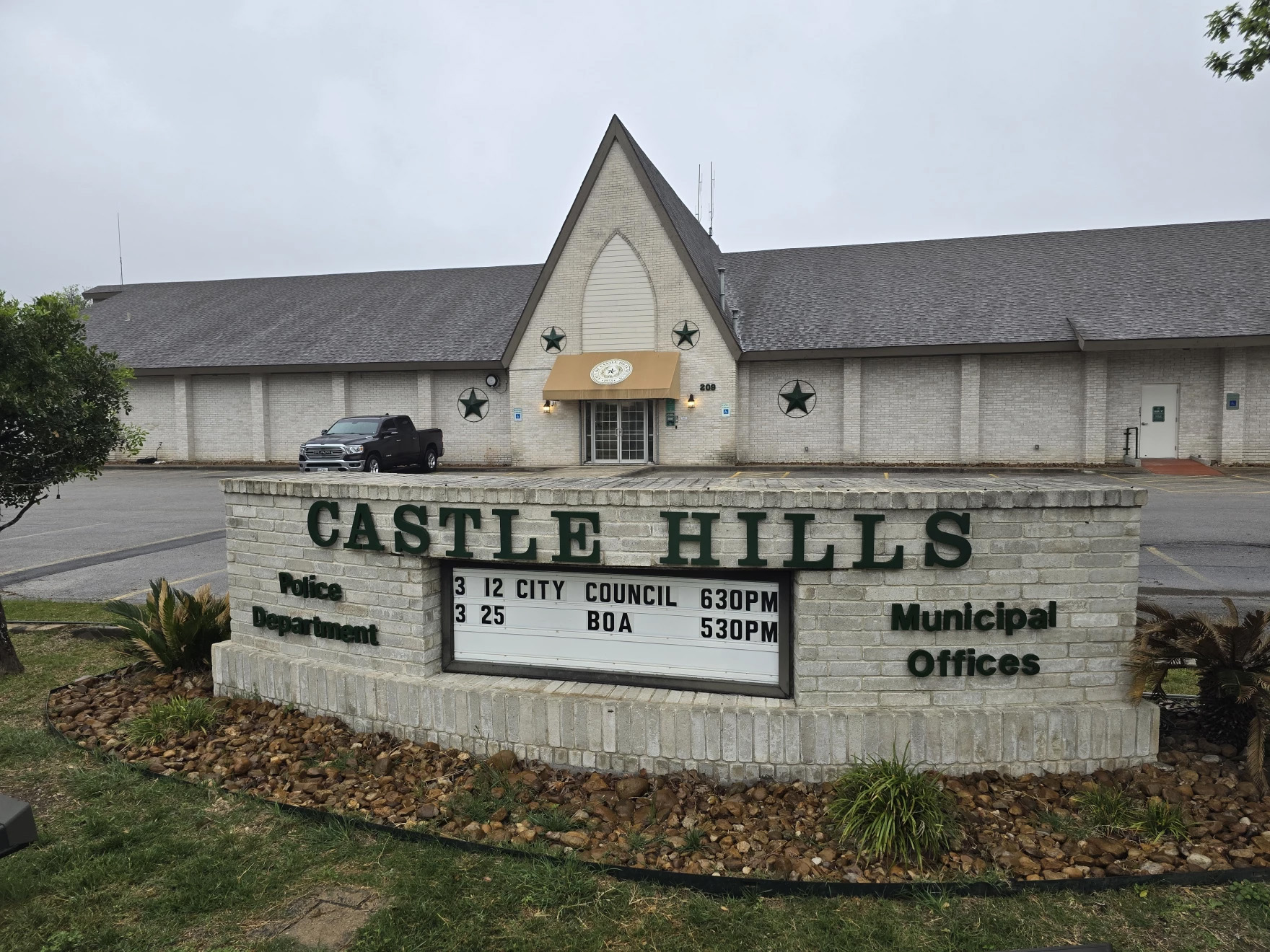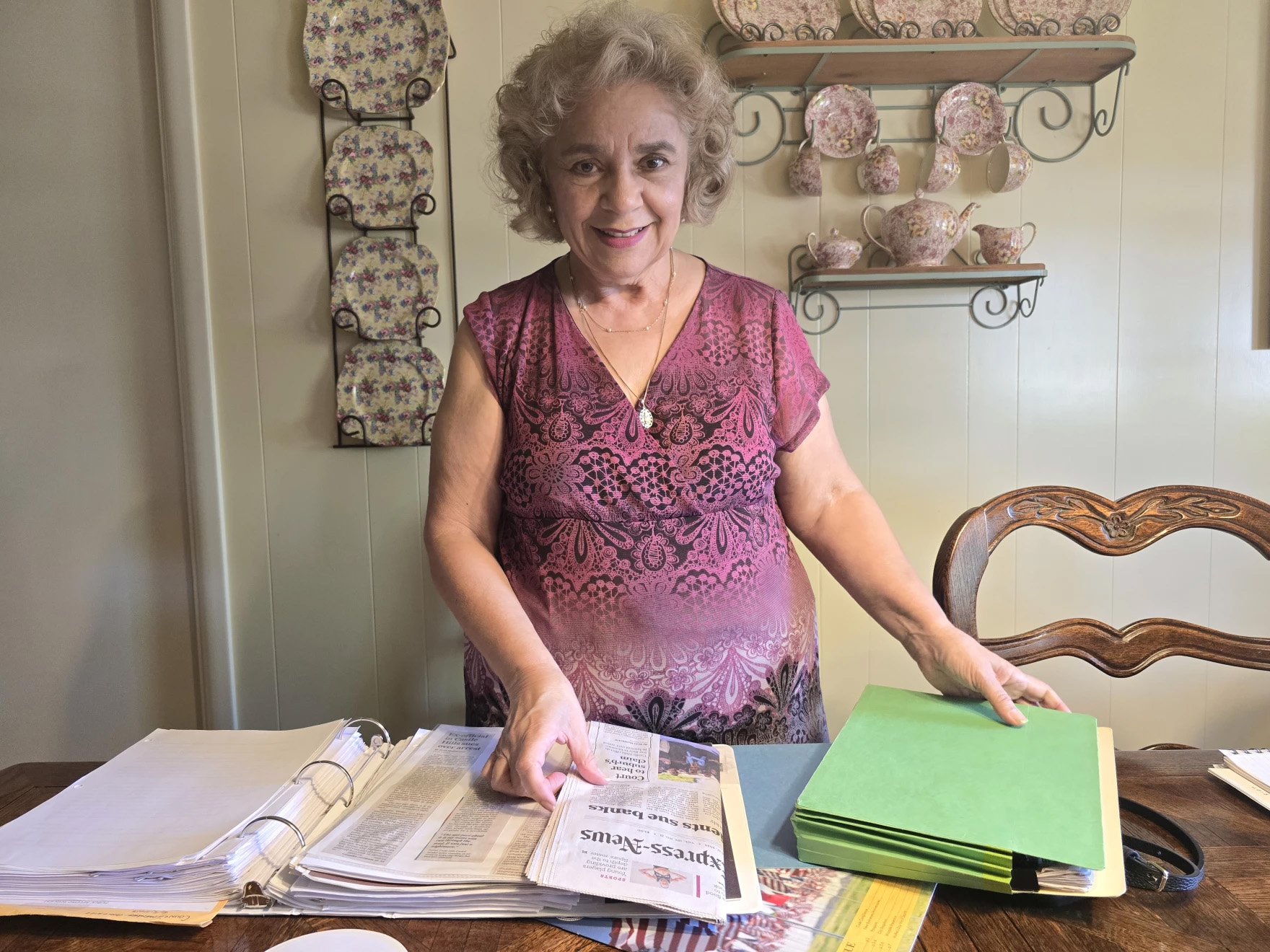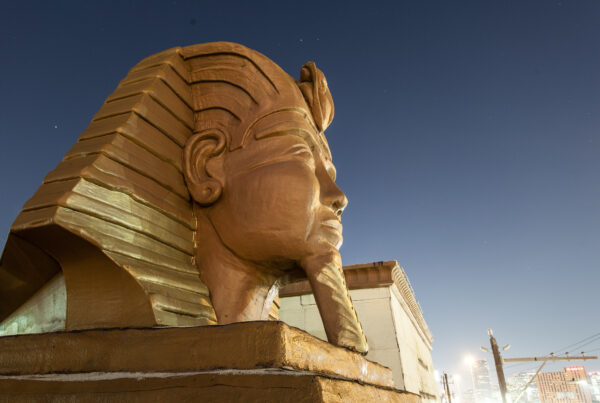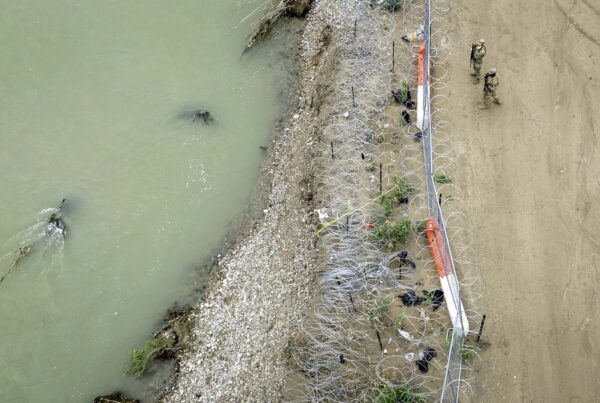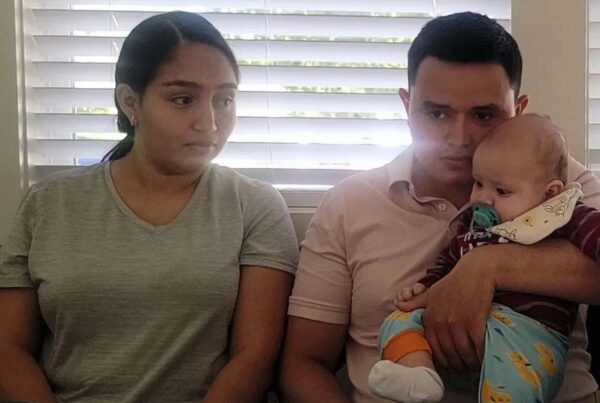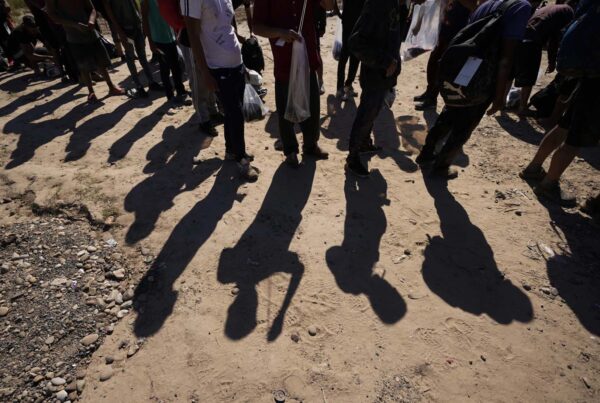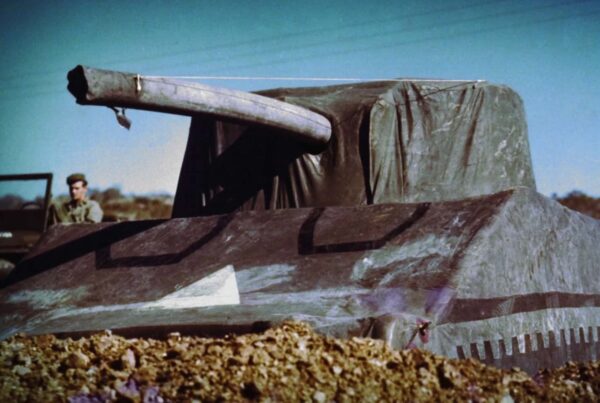From Texas Public Radio:
The Supreme Court on Wednesday will hear arguments in a case that has its roots in small town petty politics in Castle Hills but it could have implications for the future of free speech and what’s known as qualified immunity.
At the heart of Gonzalez v. Trevino is the question: should government officials be shielded from lawsuits when their critics are jailed?
Castle Hills is a long way from the white marble of the Supreme Court. It’s a small enclave municipality tucked inside San Antonio. With a population of fewer than 4,000, it’s a quiet community. But things do get rowdy at their city council meetings.
Sylvia Gonzalez experienced that at her first meeting after being elected alderwoman in May 2019.
“Well, the meeting was not in control,” Gonzalez told TPR, recounting a struggle to get a word in without being interrupted.
The then 72-year-old was the first Latina elected to city council.
She had started a petition to remove the city manager — alleging that he wasn’t doing his job — especially when it came to having the streets paved.
“It was just a petition. I mean, it’s in our constitution. We have a right to petition our government,” Gonzalez said.
At the end of the marathon meeting, Gonzalez scooped up the papers in front of her — including the petition which was now city property.
“So I just took all these papers like this and I stuck them on the table and I opened my folder and put them in there. That petition was in my folder for less than five minutes,” she said.
But that was long enough for mayor JR Trevino.
Two months later, Gonzalez was in the Bexar County Jail — handcuffed and wearing orange prison garb. She was charged with tampering with a government document.
After a full day being booked, Gonzalez was released. The charges were eventually dropped. But Gonzalez says she was humiliated. Under pressure, she resigned from city council.
“This has proven, and they have done a good job of getting rid of me,” she said.


